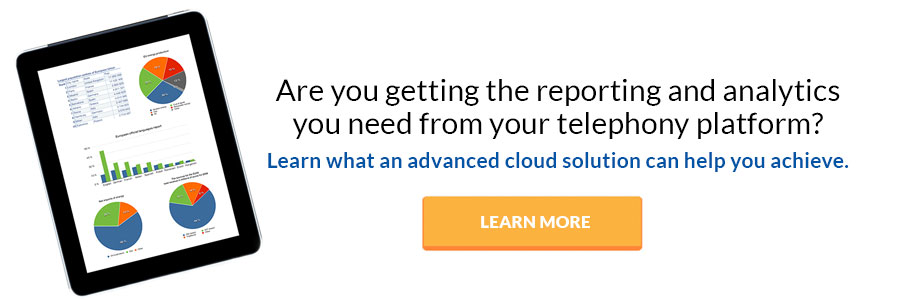Have you ever joined a fantasy baseball league? Statistics are vital to knowing whether or not to draft a player or trade them. It can be the key to winning or losing. The same can be applied to business. Accurate reporting can analyze key data related to employee performance, customer profiles, and can often be targeted to extract the direct information that you need from the pile. In the SaaS industry, this is something that is becoming more and more complex as new innovations arise. But why is this so important, and what should you be looking for when it comes to analyzing your data?
1. Accuracy – This may seem like a no-brainer, but with the amount of data available these days, often one little mistake can prove costly. The days of data entry are far from over, but with new automated systems that are specifically designed to upload and sort this data, there is very little room left for data entry error. Let your interns focus on more important things than let’s face it manual labor, which is what data entry really is. You don’t want to be caught at the next quarterly meeting with reports that don’t truly reflect your efforts.
2. Diversity – Your business is complex, you need to be able to generate different reports for different departments. Technical experts don’t need access to the same kinds of reports that sales executives do. Having this data available and in real-time will enable you to make sounder day-to-day business decisions. For those who don’t have the technical expertise on your system yet, templates enable quick and easy reports to be pulled. The more templates you have saved, the better off they will be finding what they need.
3. Flexibility – It’s great to have multiple kinds of reports, but frustrating when you can’t tailor them to show exactly what you want. Software that allows for specific customization can let you analyze data that you may not have been able to before. For instance, know who your key players are, how much time it takes them versus others to accomplish the same task. This might put them ahead in sales, or in a different skill level, or they may need to become trainers for new hires to your company. Customization can help you focus on certain areas, but also highlight inadequacies within the company that you were not aware of.
4. Detail – How far into detail you need to go in specific areas may depend on your business. For example in fantasy baseball a player may be the leader in home runs, but if he is also the leader in strikeouts, it may not be worth it in the long run. Small detail, but vitally important. The same can be said for new hires and even current employees. If you have someone leading sales, but they work 15 times as many hours as each of your other sales reps, they may just be THAT dedicated, or they may not be the most efficient, and long-term this type of model may be hard for them to sustain.
5. Ease of use – Having access to sort and send out customized reports can be complicated if the software needed to do so is not easy to use. Why are apps so popular? Because they are simple, streamlined, and easy to use. If your employees have to take time just to learn how to navigate the software they need to run the reports, that is a lot of wasted man hours on something that is meant to help with efficiency, no?
6. Automation – With all of the tasks you have to keep track of on a daily basis, by Friday your brain is inevitably fried. Wouldn’t it be nice to have your reports generated and emailed to your key people at the end of each week? Or your clients who request them? They would be accurate, on-time and targeted to the specific needs of the recipient. Signed, sealed, delivered.
While every business is different and their needs unique, having the ability to utilize reports is vital to how you see your own business and can also provide key information about your competitors. Access to data is king, but accurate analysis of that same data will put you far ahead of the pack, just give yourself the ability to get there.





